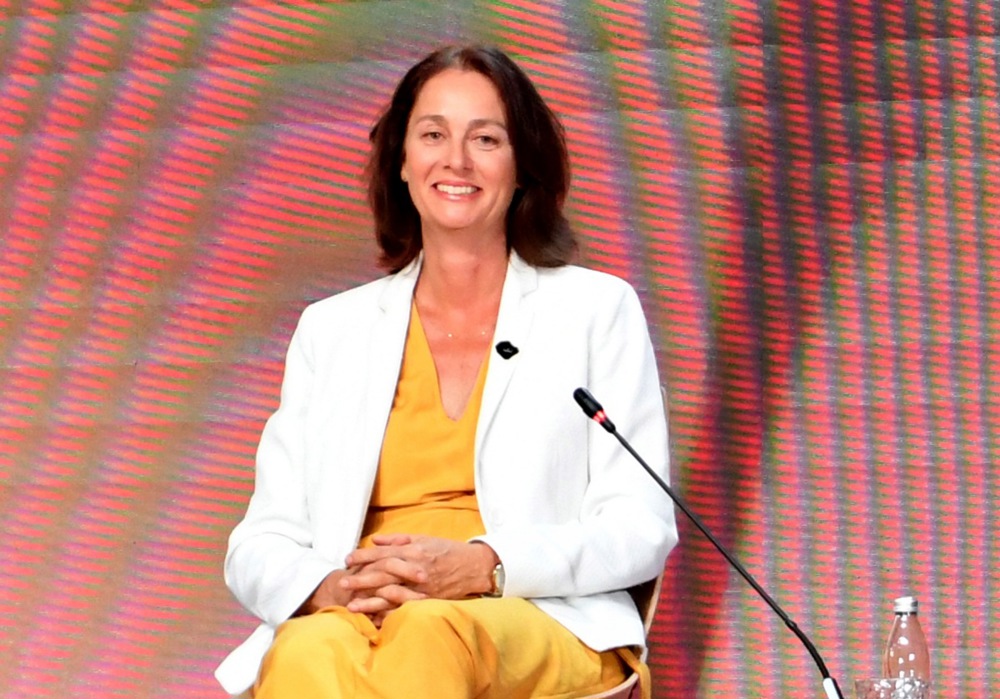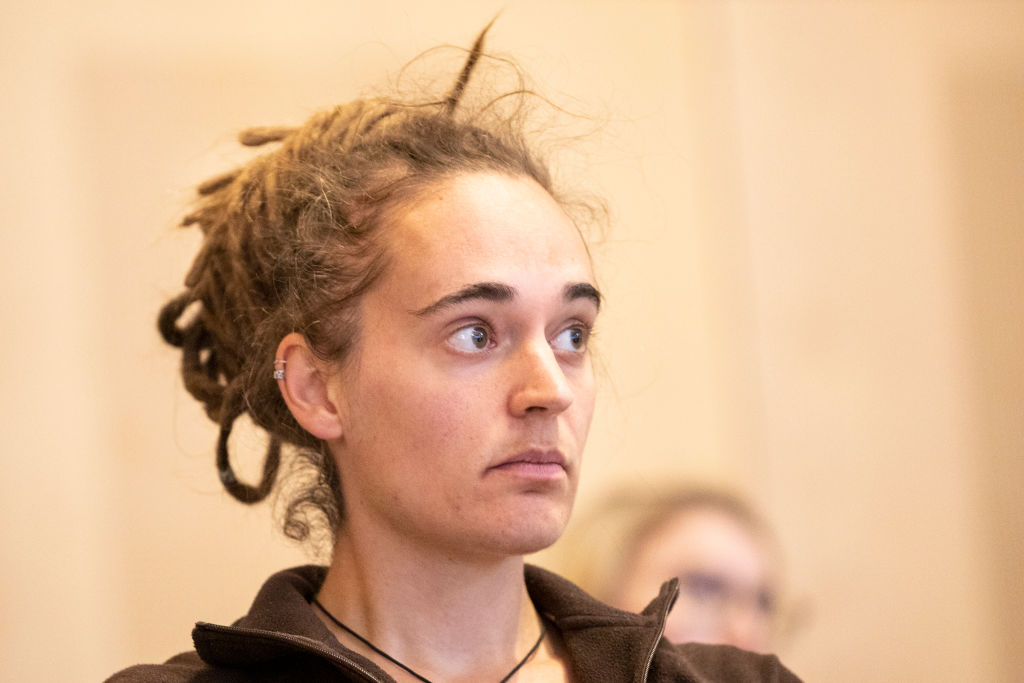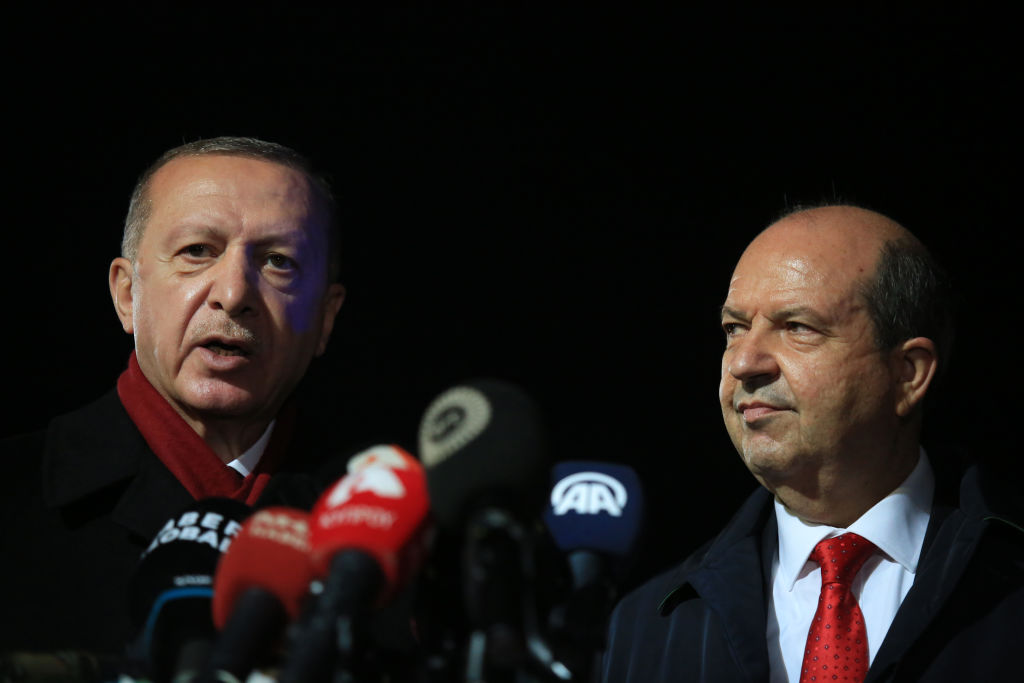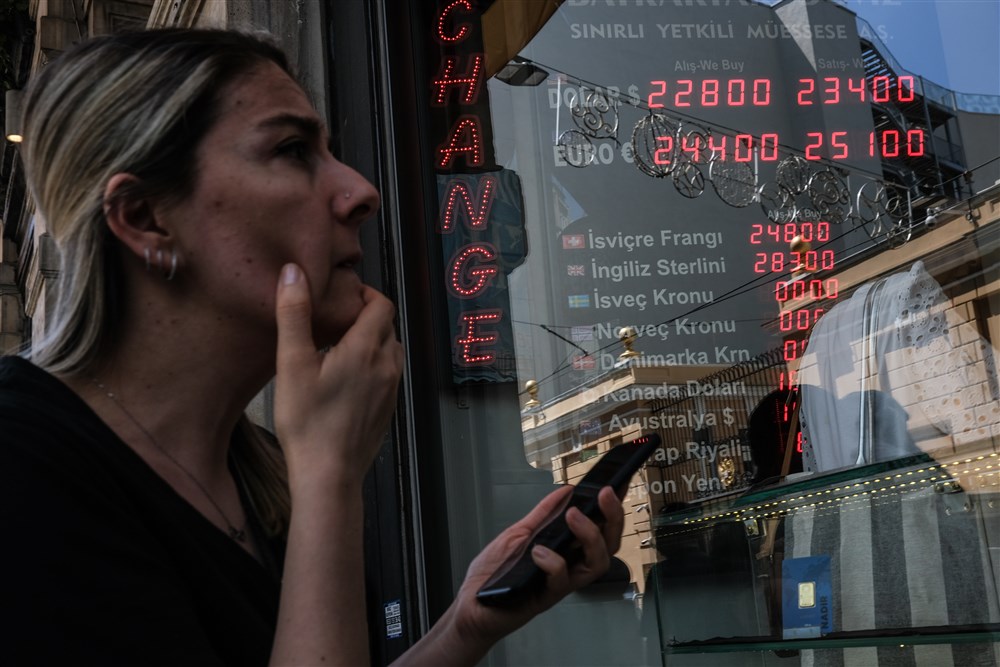A new political party in Germany closely affiliated with Turkish President Recep Tayyip Erdoğan hopes to make a splash in Europe.
A branch of his Turkish AKP, under the name of the “Democratic Alliance for Diversity and Awakening” (DAVA), wants to go to Brussels via the European Parliament elections over June 6-9.
That name, say observers, is reminiscent of the Islamic term “Da’wa”, which refers to the teaching of Islam and can specifically mean in relation to non-Muslims.
The party adopts a left-wing tone and says it wants to “ensure that people with foreign roots are granted their rights in full”.
According to a DAVA statement posted on Facebook, such people “often experience that they are not accepted as full members of European society”.
The party advocates for “a pragmatic and ideology-free refugee policy” and seeks to eradicate poverty through social assistance. It claims it wants to tackle “exclusion and inequality of opportunity”.
“With a clear commitment to diversity and tolerance, we vehemently position ourselves against nationalism, xenophobia, anti-Muslim racism and anti-Semitism,” the party said in the official statement shared on Facebook.
It further warned of an “increasing willingness to tolerate authoritarian structures in politics”, despite Erdoğan often being accused of being authoritarian, as he is known to jail opponents and regime-critical journalists.
DAVA is expected to target the German Islamic vote, particularly within mosques and associated venues. Two Islamic associations, the Turkish-Islamic Union for Religious Affairs (DiTiB) and the Islamic Community Millî Görüş (IGMG), are said to be involved in the founding of the party.
DiTiB is regarded as a German branch of Diyanet and a religious arm of Erdoğan’s regime. Diyanet is said to control imams sent by the Turkish Government to European countries.
According to official figures, there are around 2.5 million Muslims in Germany with German passports and the right to vote. That figure may increase, in part as a result of the current ruling coalition’s move to make German citizenship easier to achieve. Some say that could add up to 2.5 million Muslim German citizens who would be eligible to vote.
Islam expert Eren Güvercin, the founder of the Muslim Alhambra Society in Germany, told BILD news outlet that DAVA will likely get “two or three of its people into the European Parliament”.
The Parliament elections are seen as a test of “how many people he [Erdoğan] can mobilise in the community”, Güvercin said.
Murat Kayman, also of the Alhambra Society, warned that the party is set up to give the Turkish leader “eyes and ears” in the European bodies.
Many Germany-resident Turks hold Erdoğan in high regard. Approximately half a million voted for him in the May 2023 presidential election, or 67 per cent of Turkish voters in Germany.
Mehmet Teyfik Özcan, a resident of Langen, Hesse, is the head of the newly formed DAVA party. By his own account, he spent almost 30 years as a member of the German Socialist party (SPD). One of his reasons for leaving it this month was, he said, its support for Israel.
He currently works for TRT German, the German-language online publication of TRT, the Turkish national broadcaster.
In 2021, Özcan denied the Armenian genocide in the Ottoman Empire of a century ago by referring to it as a “myth”.
He condemns Israel for what he calls its “genocide”.
Fatih Zingal will be DAVA’s front-runner in the European elections. He is an attorney and serves as the spokesman for the Union of International Democrats, an AKP lobby group active throughout Europe under Erdoğan’s direction.
Ali Ihsan Ünlü, in second place on the European election list, is also connected with DiTib.
Mustafa Yoldas is third. He chaired the International Humanitarian Aid Organisation (IHH) from 2009 to 2010, which was outlawed in 2010 over to its affiliations with the Hamas terrorist group.
The organisation is seen by the Federal Office for the Protection of the Constitution as “a key conduit for the Turkish regime’s influence over the Turkish diaspora and the German public”, Die Welt noted.
In response to criticism of DAVA, Özcan said politicians with an immigrant background were often “scapegoats” for social ills and that “all candidates had rendered outstanding services through their social commitment”.
He rejected accusations of close ties with the Turkish Government, claiming his group was simply a German party supported by German citizens.
Christian Democrats are not amused. Prominent party member Jens Spahn told BILD: “Erdoğan is laughing in his face at the traffic-light policy.
“He has been trying for years to sabotage the integration of German-Turks. With the ‘double pass’ for everyone, the traffic lights make it unnecessarily easy for him.”
Ein Erdogan-AKP-Ableger in ??, das wäre eine weitere extreme Partei im Land. Die ideologische Ignoranz der Ampel macht es ihm leider leicht: die doppelte Staatsbürgerschaft für in ??lebende Türken wird faktisch die Regel. Auch die Auslandsfinanzierung von Moscheen müsste endlich… pic.twitter.com/mmYopkIi5e
— Jens Spahn (@jensspahn) January 28, 2024
Cem Özdemir, the federal agriculture minister and Green Party member, backed Spahn. On Twitter he wrote: “We agree: An Erdoğan offshoot contesting elections here is the last thing we need.”
He did add: “What surprises me, however, is that Christian Democrat governments in particular have repeatedly courted DiTiB & Co.
“I hope this naivety will finally come to an end.”
Due to his criticism of Erdoğan’s policies, Özdemir, a Turk by birth, is not particularly beloved by those in power in Turkey.
Wo wir uns einig sind: Ein Erdoğan-Ableger, der hier zu Wahlen antritt, ist das Letzte, was wir brauchen. Was mich jedoch wundert, dass gerade auch christdemokratische Regierungen DITIB & Co. immer wieder hofiert haben. Ich hoffe mit dieser Naivität ist jetzt endlich mal Schluss. https://t.co/4UPCuXeAZT
— Cem Özdemir (@cem_oezdemir) January 28, 2024
Since the 2014 European elections, there has been no threshold for political parties entering the European Parliament from Germany, unlike national or länder (state) elections where the threshold is 5 per cent.
Six minor parties without any national or regional MPs were elected to the European Parliament in the 2019 European elections; some received less than 0.7 per cent of the total votes.
This time round, further fragmentation is expected as more parties are formed.





